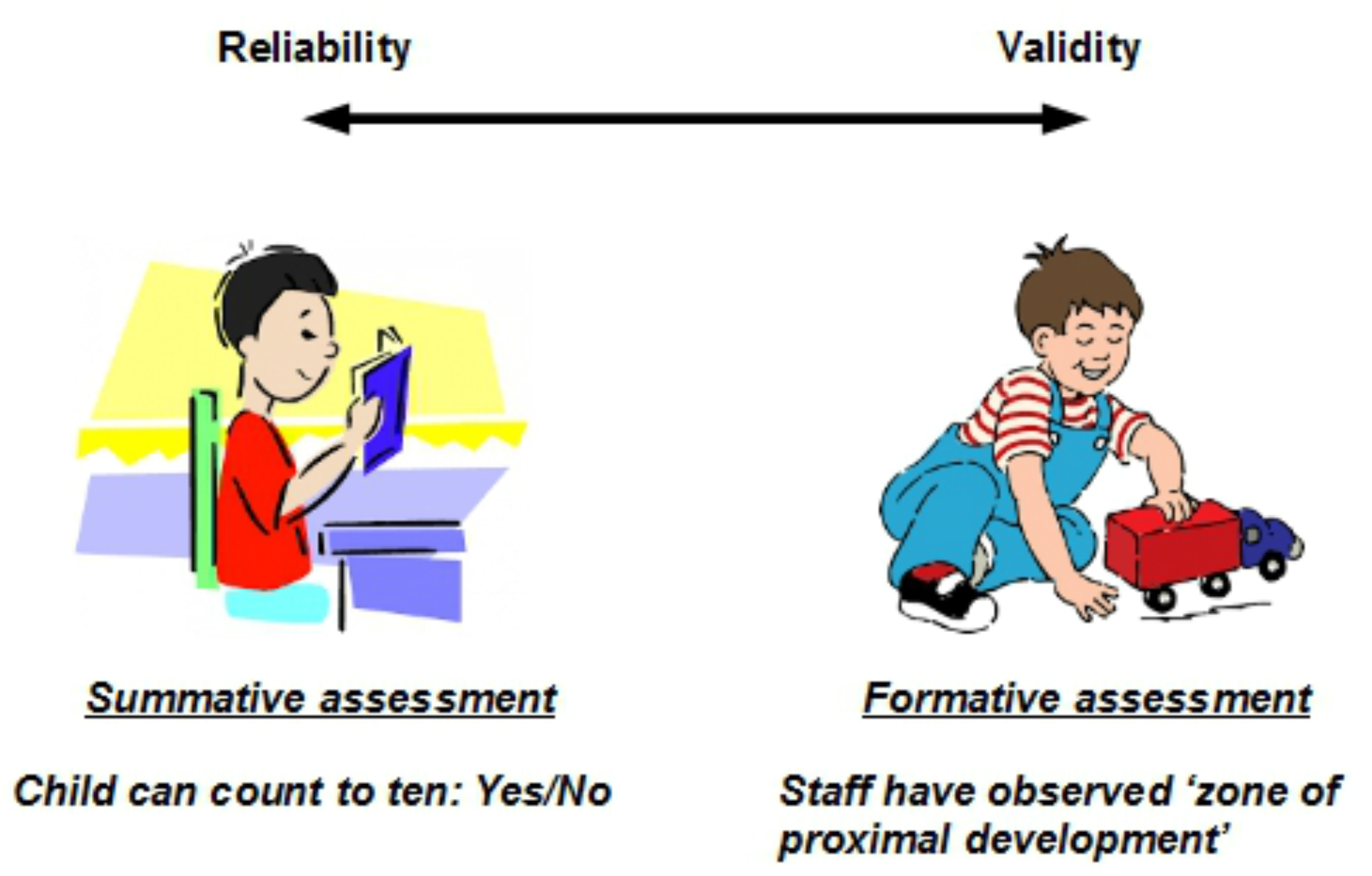

Reporting quality, especially as regards checks to ensure content validity, should be improved.Īntepartum Edinburgh Postnatal Depression Scale Review Validation.Ĭopyright © 2015 Elsevier B.V. Future studies should have larger sample sizes, include both representative and clinical samples, and look at the psychometric performance of the EPDS in each trimester. The sensitivity values in validation studies of the EPDS show fairly large variability, ranging from good to acceptable.įuture studies should have larger sample sizes and include both representative and clinical samples and look at the psychometric performance of the EPDS in each trimester.ĭue to differences in study design and variation in the cultural/linguistic adaptation, uncertainty remains regarding the comparability of the sensitivity and specificity estimates of different EPDS versions. Our estimates suggest lower positive predictive values in the general population than those reported in the validation study samples. The confidence interval estimates also showed a high degree of variability.

Sensitivity and specificity estimates also varied between 64-100% and 73-100%, respectively. The aim of this review was to critically appraise and review antenatal validation studies of the Edinburgh Postnatal Depression Scale (EPDS).Ī systematic search was performed in MEDLINE, EMBASE, ISI, CINAHL, SCIELO and Ps圜INFO for the period 1987-2013.Įleven validation studies met the inclusion criteria. The Edinburgh Postnatal Depression Scale (EPDS) is a screening instrument that is frequently used to identify women who might be experiencing depression during pregnancy and after giving birth. Relatively few studies have focused on the validation of psychometric scales measuring depression during pregnancy.


 0 kommentar(er)
0 kommentar(er)
